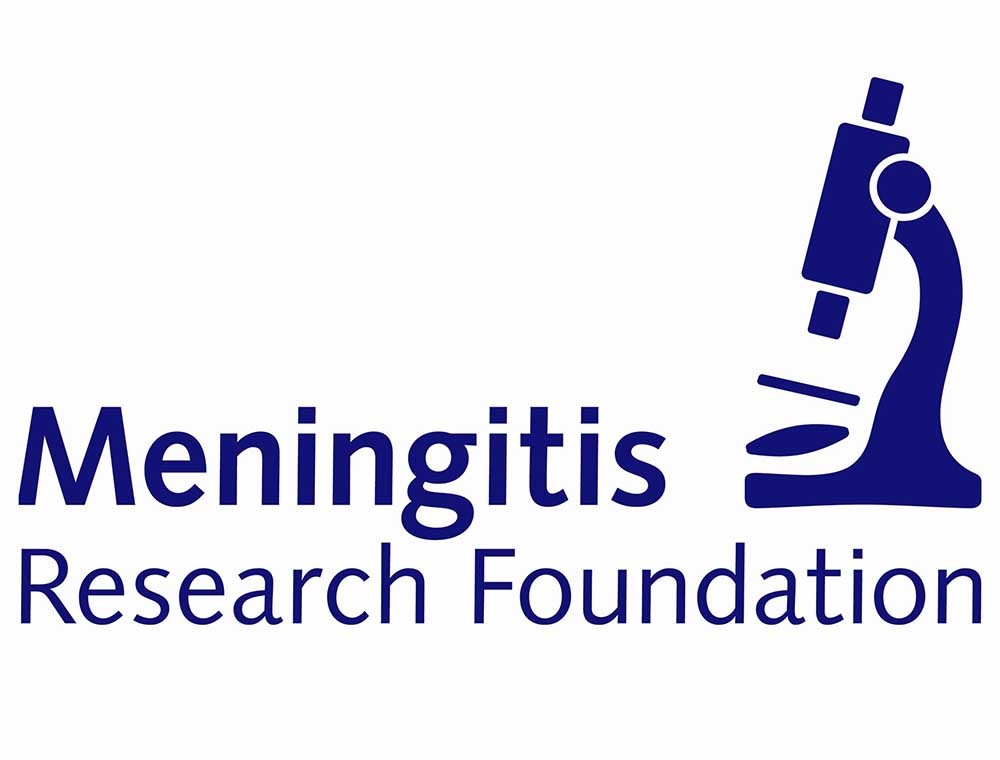
John Sheedy, from Killaloe, is sharing his first-hand experience of meningitis and septicaemia during national Meningitis Awareness Week (18-24 September 2016) to ensure people are aware of the symptoms, know to be vigilant and act fast.
John said: “My son, Noel, tragically lost his life to group B meningococcal septicaemia (MenB) when he was seven years old. Children born before October 2016are not routinely vaccinated against MenB. That’s why it’s so important that parents and young people know the symptoms of meningitis, trust their instincts and seek medical advice without delay.”
Meningitis Awareness Week is run by Meningitis Research Foundation (MRF). The charity estimates that there have been on average 200 cases of meningitis and septicaemia every year in Ireland. They are deadly diseases that can strike without warning, killing one in ten, and leaving a third of survivors with life altering after-effects that can be as severe as deafness, brain damage and loss of limbs.
Babies, toddlers and young adults are most at risk, however these diseases can strike anyone of any age, at any time.
Teenagers are a high risk age group for meningitis and septicaemia and university freshers are particularly at risk because they mix with so many other students from all over the country and abroad, some of whom are unknowingly carrying the bacteria.
Cases of meningitis and septicaemia usually start to rise in the Autumn/winter season, and people should be especially aware of the symptoms at this time.
Meningitis and septicaemia can develop suddenly and progress rapidly. Early symptoms include headache, vomiting, limb pain, fever, and cold hands and feet. Everyone should be alert to the symptoms and should not wait for a rash or neck stiffness to develop before seeking medical attention urgently.
Monika Marchlewicz, Ireland Manager of Meningitis Research Foundation (MRF) said, “We are very grateful to John for raising awareness during Meningitis Awareness Week. He knows only too well how devastating this disease can be. MRF funds vital scientific research into the prevention, detection and treatment of meningitis and septicaemia but there are still some forms of the disease which are not covered by vaccines so it is vital that people are aware of the symptoms. We encourage everyone to be vigilant and to get medical help if you spot the symptoms.”
Check that you know the symptoms of meningitis and septicaemia at www.meningitis.org/symptoms and share the Meningitis Awareness Week campaign (link)with everyone you know using #MeningitisAware.
For any questions about meningitis, septicaemia and vaccinations that can prevent the diseases call MRF’s Freefone helpline on 1800 41 33 44 or visitwww.meningitis.org.